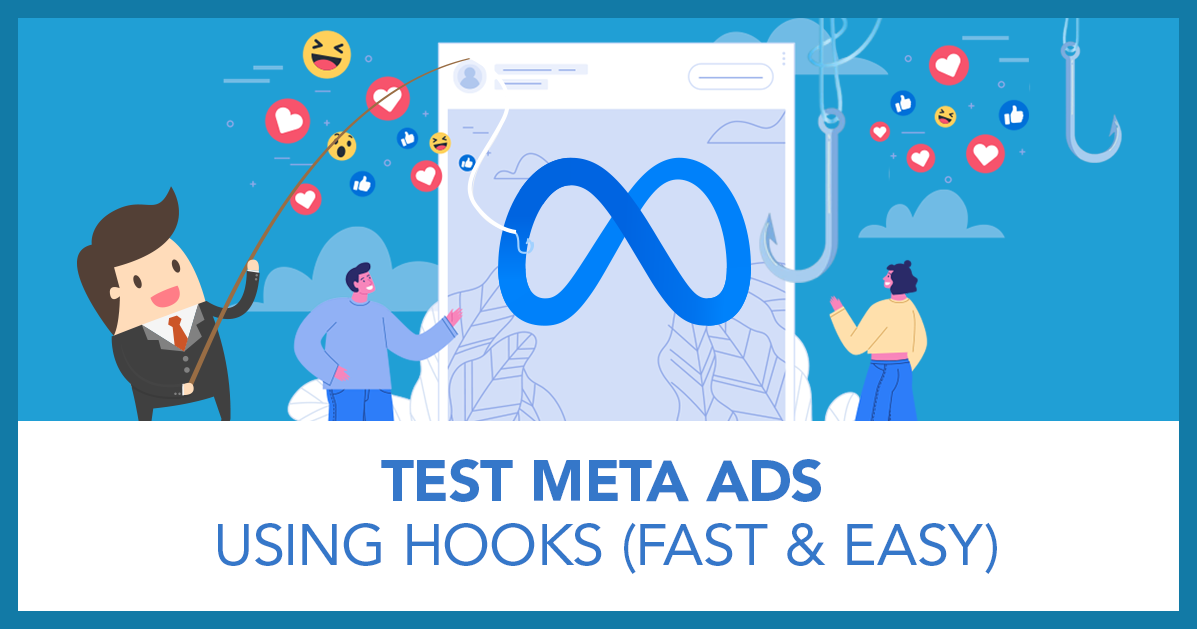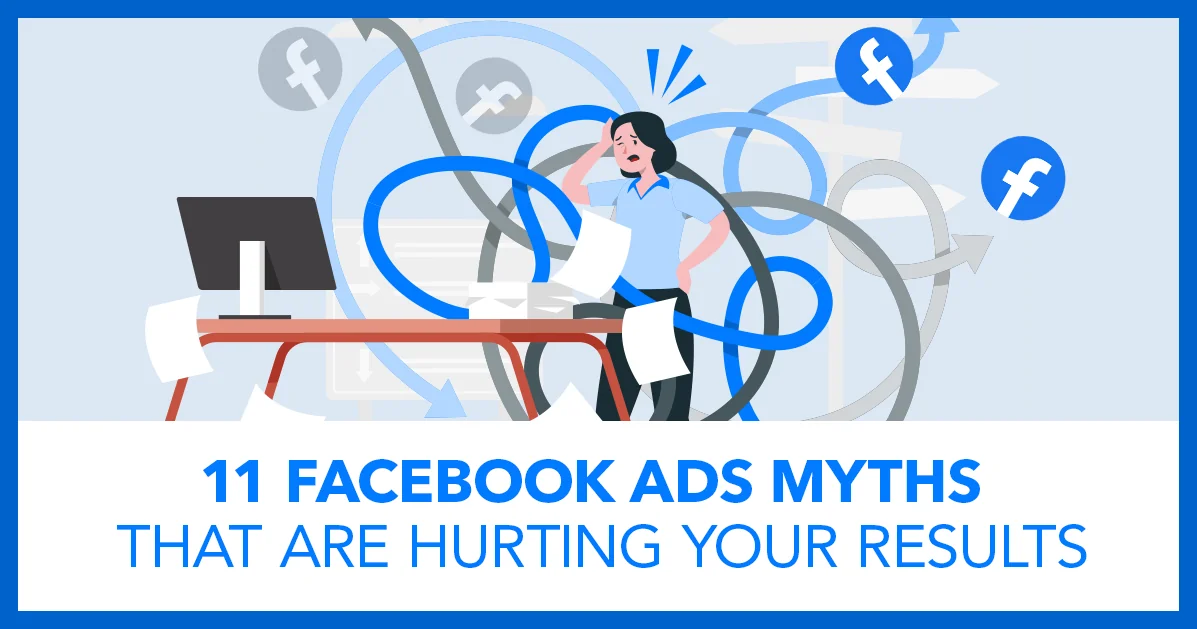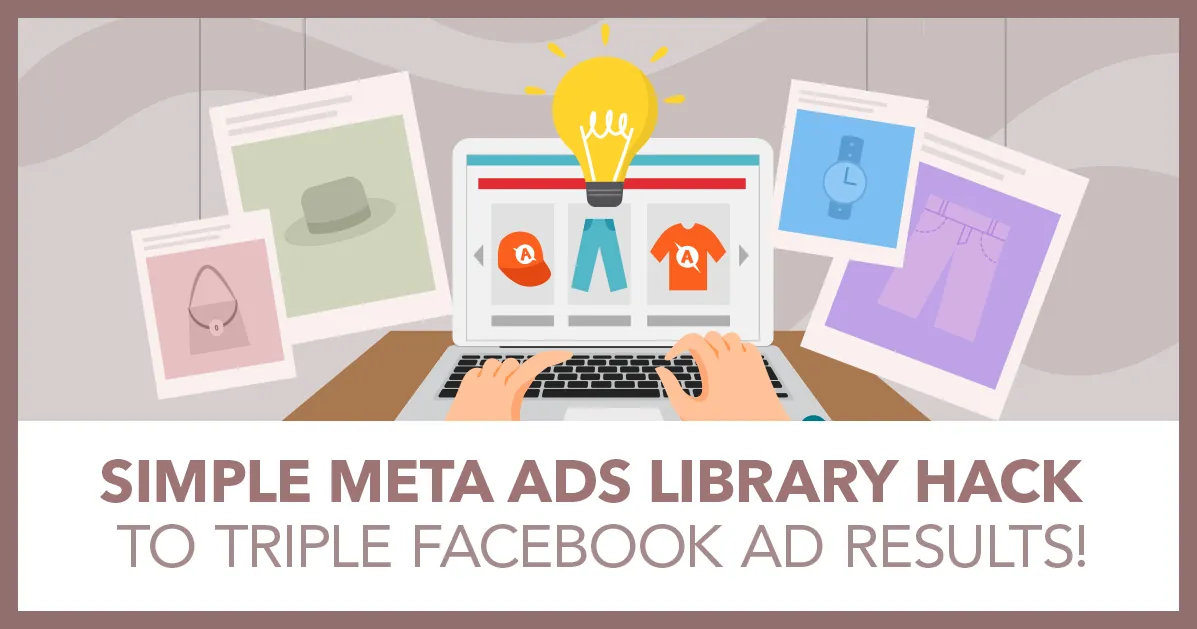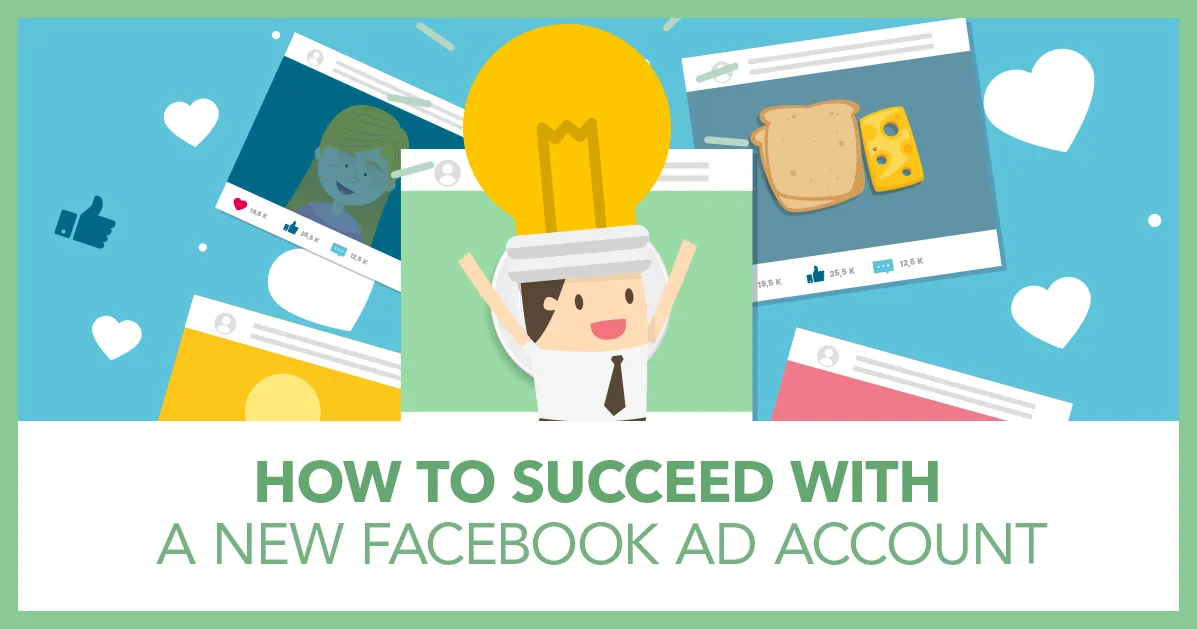
How to Succeed with a NEW Facebook Ad Account
There is no doubt that starting with a new Facebook ad account can be challenging, but it is still possible to achieve great results. This article will guide you through the best practices for new ad accounts and highlight common mistakes to avoid. These mistakes are common and sometimes even ad reps will tell you to make them, but I’m going to tell you the TRUTH.
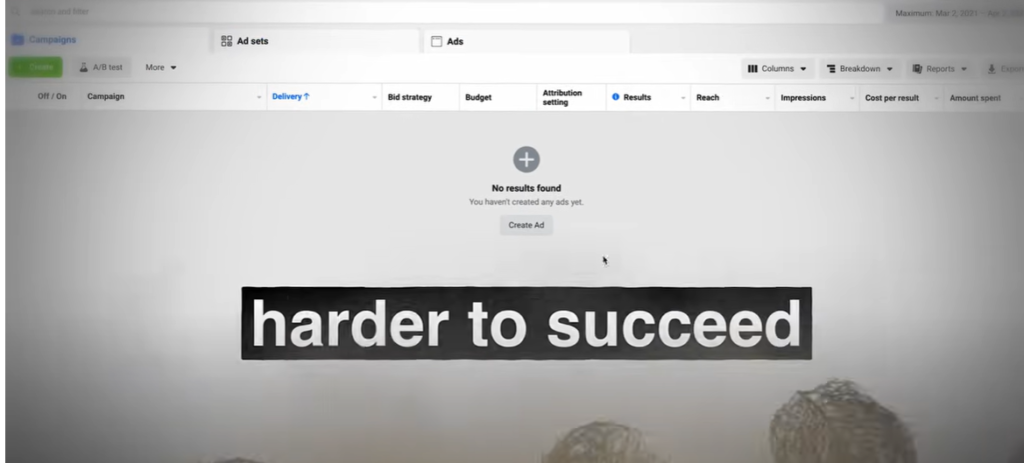
Understanding the Challenge
Why is it harder to succeed with a new Facebook ad account? It all comes down to machine learning.
New Facebook ad accounts don’t have the data and conversion history that more established accounts possess. This lack of historical data makes it harder for Meta’s machine learning and AI to optimize your campaigns effectively from the start.
Meta relies on data from past campaigns to determine the best strategies for future ads. For instance, if previous campaigns show that women aged 42 who are interested in cats and trampolining are most likely to convert, Meta will target similar profiles in future campaigns. Without this data, new accounts start at a disadvantage.

The Importance of Data
Data points from established campaigns include:
- Average Number of Impressions: How many times someone needs to see an ad before they convert.
- Optimal Times and Days: The best times of day and days of the week for conversions.
- Demographic Details: Age, gender, interests, and other demographic details of converting audiences.
New ad accounts lack these insights, making initial performance less predictable. However, this does not mean you should avoid running sales campaigns.

Common Mistakes to Avoid
A frequent mistake new advertisers make is changing their campaign objectives to optimize for landing page views or clicks instead of conversions. This is like to training for a marathon by swimming instead of running. While swimming might improve overall fitness, it doesn’t directly improve running performance.
Pro Tip: Don’t think that changing your campaign objective is going to dramatically improve your results. It might give you pretty data and lots of clicks, but it isn’t likely to help your sales in the long run.

Stick to Your Goals
If your goal is to generate sales or leads, you should optimize for these objectives from the start, even if the results are not immediate. Switching to a traffic campaign to see more link clicks can be misleading and ultimately less effective. The reason that people get told to do this is because it produces lots of activity in the form of clicks and impressions, but that activity doesn’t lead to the most sales. This is a TRAP.
Just like if you want to train for a marathon you should practice by running, if you want sales from your campaign you should optimize for sales. I know that I’ve said this several times in this article, but that’s because it’s important!
Leveraging Real-Time Data
Even with a brand new account and without historical data, Meta can optimize your campaigns using real-time data. This includes metrics like:
- Linger Time: How long users spend looking at your ad.
- Click Rates: The percentage of users who click on your ad.
- Engagement: Interactions with ad elements such as the “See More” button.
These real-time interactions help Meta’s AI learn and optimize your campaigns more quickly.
Another Awesome Free Facebook Training Resource
There is nothing I like better than to see business owners increase their ROI with Facebook Ads. In order to help business owners succeed with Facebook ads I’ve created a FREE webinar training that you can register for here.
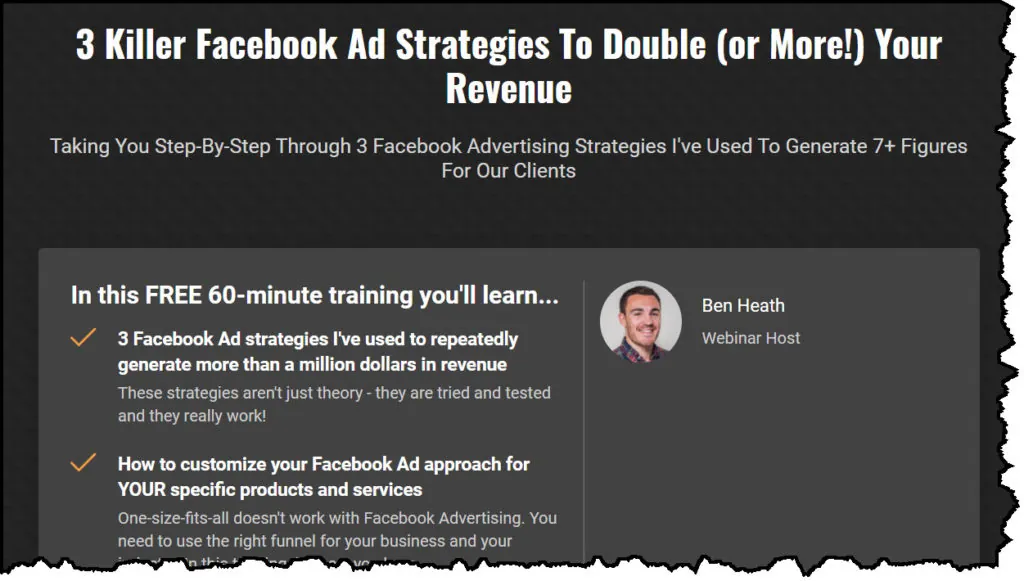
When you attend this webinar you’ll learn:
3 different Facebook ad strategies that we use every day. These strategies have generated millions of dollars in revenue and are tried and proven to work.
How to customize the Facebook ads strategy to your particular business. There is no such thing as a one size fits all approach to Facebook ads.
How Facebook and Instagram have changed and how to adjust your ad strategy to what works in 2024
Specific Adjustments for New Ad Accounts
While it’s important to stay focused on your main objectives, there are some adjustments that can help new ad accounts perform better:
- Targeting: Avoid broad or open targeting right away. Instead, use targeted inputs or Advantage Plus audience settings to guide Meta’s algorithms. This approach provides suggestions rather than strict boundaries, helping Meta refine targeting more effectively.
- Detailed Targeting: Specify interests, demographics, and behaviors that are closely aligned with your target audience.
- Lookalike Audiences: Use data from your customer lists or website visitors to create lookalike audiences that are likely to convert.
- Advantage Plus Shopping Campaigns: These campaigns enforce open targeting and may not perform well initially. It’s better to wait until your account has gathered more data before using them.
- Simplify Campaign Structure: Reduce the number of campaigns, ad sets, and ads to consolidate learning and data. For example, instead of spreading $100 a day across multiple campaigns, focus on one or two campaigns. This approach helps Meta learn faster and improves overall performance.
- Single Campaign Focus: Concentrate your budget on fewer campaigns to allow more significant data collection and quicker learning.
- Limit Ad Variations: Use fewer ad variations to help Meta understand which creatives and messages work best.
- Start Small: Begin with a smaller budget to test and learn what works best for your business. This cautious approach allows you to optimize your campaigns without significant financial risk.
- Initial Budget Allocation: Start with a modest budget to minimize risk while testing different strategies.
- Incremental Increases: Gradually increase your budget as you gather data and see what works.
The Right Way to Scale
Once your ad account has gathered sufficient data and you’re seeing consistent results, you can begin scaling your campaigns. This involves gradually increasing your budget and expanding your targeting. Scaling too quickly can disrupt performance, so it’s crucial to monitor results and adjust accordingly.
- Gradual Budget Increases: Increase your budget by 20-30% at a time to avoid shocking the algorithm.
- Expand Targeting: Slowly broaden your targeting criteria based on the data you have collected.
- Monitor Performance: Keep a close eye on your campaigns’ performance as you scale, making adjustments as needed to maintain efficiency.
Here’s what you need to know about new Facebook ad accounts
Starting with a new Facebook ad account presents unique challenges, but with the right approach, you can still achieve great results. Focus on your primary objectives, let Facebook leverage real-time data, and make strategic adjustments to optimize performance.
Most importantly use the correct ad objective. If you want to make sales use the sales objective. If you want to get leads, use the leads objective.
By starting small and scaling gradually, you can build a successful Facebook advertising strategy from the ground up.
Understanding and utilizing these tips will help you navigate the early stages of your new ad account effectively. Stay patient, keep testing, and adjust based on the data you gather. Over time, your account will mature, and you’ll see significant improvements in performance.



